Thirty interesting facts about iconic Indian film to celebrate its 30th anniversary
This week marks the 30th anniversary of iconic Indian film Roja.
The Tamil romantic thriller about a man kidnapped in Kashmir by terrorists and his wife’s desperate attempts to get him free resonated strongly with audiences when it released on August 15, 1992. The Mani Ratnam directed drama, starring Arvind Swami and Madhoo, also introduced music maestro AR Rahman to movies with perhaps the greatest debut soundtrack of all time. It was also successfully dubbed in multiple languages.
Eastern Eye decided to mark 30 years of the film by presenting 30 interesting facts connected to it.
1. Roja was inspired by an Indian oil executive who was kidnapped by Kashmiri militants in 1991 and held in captivity for two months, while his wife fought for his freedom.
2. Mani Ratnam had initially offered actor turned filmmaker Kitty the chance to direct Roja, but he declined and wanted to do something of his own.
3. Roja means rose. The film’s writer-director Ratnam thought that the title aptly represented Kashmir because ‘the rose is something beautiful but with thorns’.
4. The central theme explored in the film is based on the relationship between Savitri and Satyavan of the Hindu epic, Mahabharata.
5. Swami had made his acting debut in Ratnam’s previous Tamil film Thalapathi (1991) and was cast in Roja after first choice Rajiv Menon declined the role.

6. Karisma Kapoor was offered the lead but asked for too much money. Ratnam later said: “I’d rather spend money on the film, camerawork, music, and sets than on a star.”
7. Madhoo was cast after actresses Ayesha Jhulka and Aishwarya rejected the title role in Roja. Aishwarya later said she regretted the decision, which was made by her grandmother against her will, for a Telugu film which was later cancelled. Jhulka said: “There were a lot of films that I couldn’t do. I couldn’t do Ratnam’s Roja due to date issues and I regretted it.”
8. Lead actress Madhoo, born Padma Malini, is the niece of legendary Bollywood actress Hema Malini and cousin of Esha Deol. She was credited as Madhubala in the film.
9. Rahman was composing music for TV jingles and documentaries when he was approached by Ratnam to make his film debut with Roja. Ratnam had said: “I’d heard some of Rahman’s ad jingles; he played me some of his old tracks and I liked his arrangements very much.”
10. Rahman initially wasn’t sure if he should accept the offer to work on Roja. He once said: “I was offered Rs 25,000 for it, a sum that I could make in three days composing ad jingles. I think it was the prospect of working with Mani that enticed me”.
11. The soundtrack was a runaway success, and Rahman has composed songs for every Ratnam directed film since then.
12. Bollywood greats Alka Yagnik and Kumar Sanu rejected a chance to sing for Roja because they had never heard of then newcomer Rahman. Yagnik regretted the decision and later said it was the biggest mistake of her career: “They were beautiful songs and that’s something I regret to this day, having missed out on those songs."
13. Roja is the first of Ratnam’s acclaimed trilogy of films depicting human relationships against the backdrop of Indian politics, with Bombay (1995) and Dil Se (1998) being the follow-ups.
14. The plan was to shoot the Kashmir-set story in actual locations but that couldn’t happen because of the real terrorist threat that existed, so filming happened in scenic places that included Ooty and Manali.
15. Madhoo said the song Choti Si Asha took about 17 to 18 days to shoot because the director took shots of locations as they travelled from one location to the next. She said: “We didn’t make a song; we actually collected a lot of moments while shooting for it.”
16. Ratnam cut out scenes that showed Indian soldiers smoking cigarettes and drinking alcohol, after censors objected to them.
17. Television actor and voiceover artist Shakti Singh dubbed for Swami in the Hindi version of the film. Meanwhile, his co-star Madhoo dubbed herself.
18. Roja was completed in fewer than 60 days and made on a micro-budget, with everyone involved taking lower fees because they strongly believed in the project.
19. Multiple awards won by Roja included a Filmfare Awards South for Best Movie (Tamil) and a National Award for Best Feature Film on National Integration.
20. Time magazine had once listed Roja as one of the 10 greatest soundtracks of all time.
21. The Tamil film became so successful that dubbed versions were released in Hindi, Telugu, Marathi, and Malayalam. Songs were recorded in multiple languages for the dubbed versions. Despite being a Tamil film, the biggest selling by far was the Hindi version of the soundtrack.
22. Ratnam didn’t like the Hindi version of the Roja songs and was reluctant to watch the Hindi dubbed version. He said in an early interview: “I’m so afraid of seeing Roja in Hindi that I’ve kept far away from it.”
23. Rahman won the National Film Award for Best Music Direction, Filmfare Award for Best Music Director (Tamil) and the Tamil Nadu State Film Award for Best Music Director for Roja.
24. The incredible success of Roja led to director Ratnam’s previous Tamil movies like Anjali (1990) being dubbed in Hindi and re-released. His subsequent films, such as Bombay (1995), was successfully dubbed in Hindi.
25. Ace Roja cinematographer Santosh Sivan would become a respected filmmaker and directed Shah Rukh Khan starrer Asoka (2001). Films Sivan directed, including Halo (1996), The Terrorist (1998), Malli (1998) and Navarasa (2005), won prestigious National Awards.
26. Despite the global success of his debut, Rahman struggled to get work in Bollywood because Hindi film producers thought the Roja soundtrack was a fluke. He finally made a winning Bollywood debut with Rangeela (1995).
27. The song Black Steel by international music act Tricky sampled subtle elements from the Roja song Rukkumani Rukkumani.
28. Roja has had special screenings at many global film festivals, including in the UK, Moscow, and Beijing, across the last three decades.
29. There were rumours of a sequel that would be set decades later, but that never materialised.
30. Lead stars Madhoo and Swami re-united after nearly 30 years with supporting roles in 2021 political drama Thalaivii. Madhoo said: “Right around 30 years prior, Arvind and I co-operated. I had figured it very well may be off kilter to reconnect with him and work together; however, it felt so smooth. When I met him on the sets; it just felt completely right.”















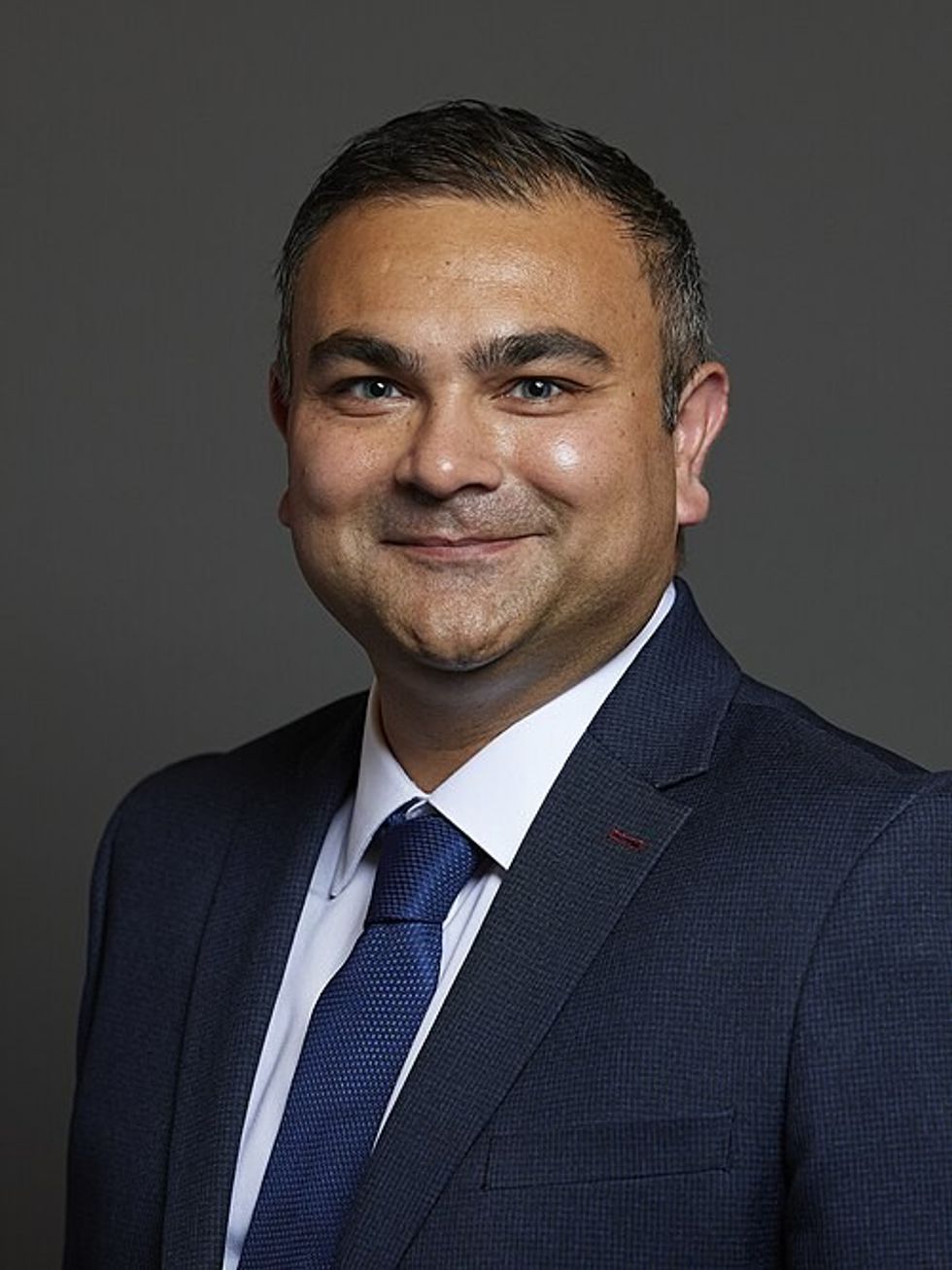 Peter Bedford
Peter Bedford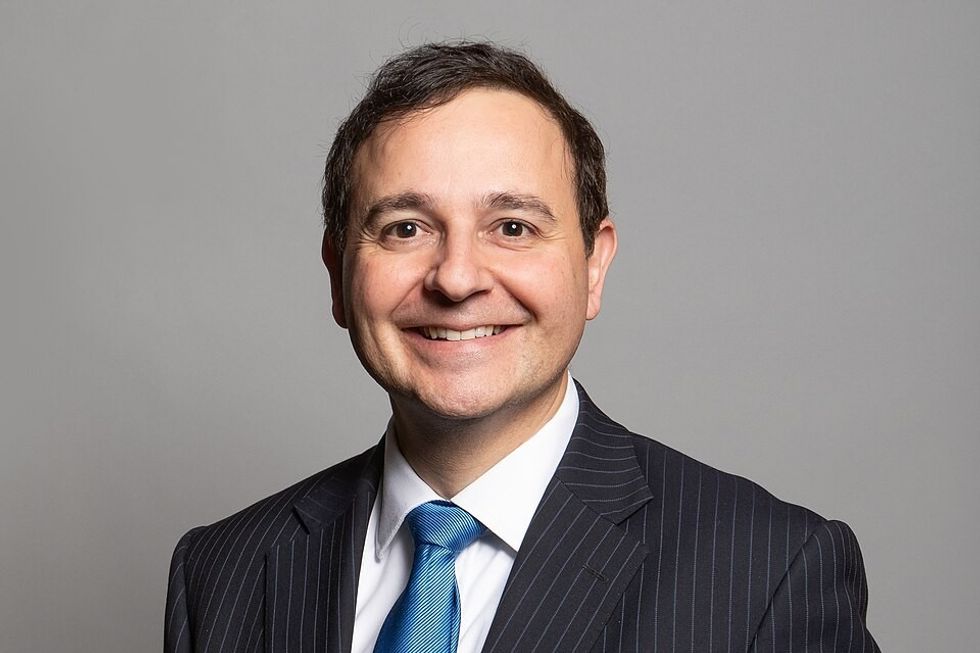 Alberto Costa
Alberto Costa 
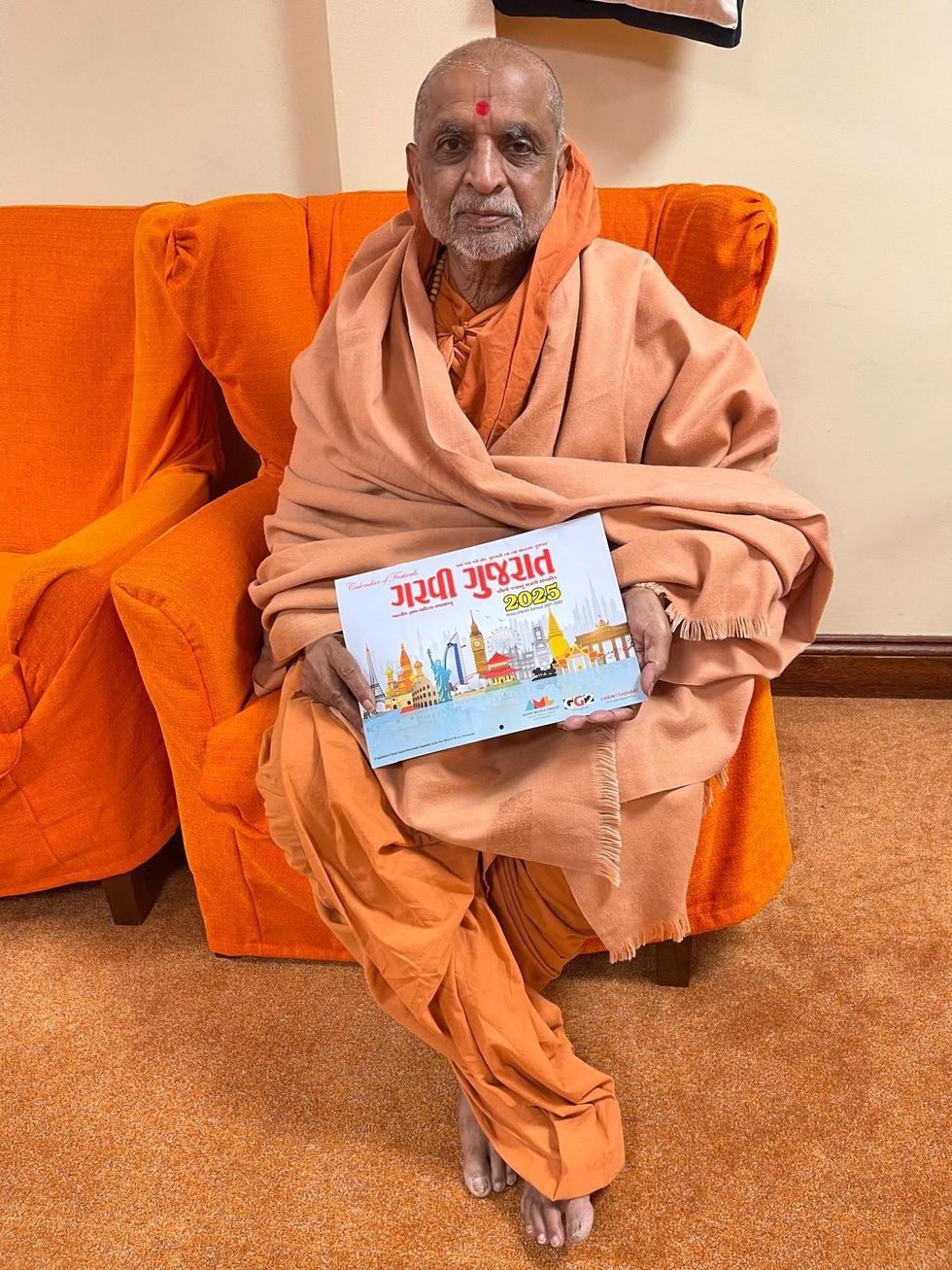 Cultural evolution of the community with integrity and pride.AMG
Cultural evolution of the community with integrity and pride.AMG
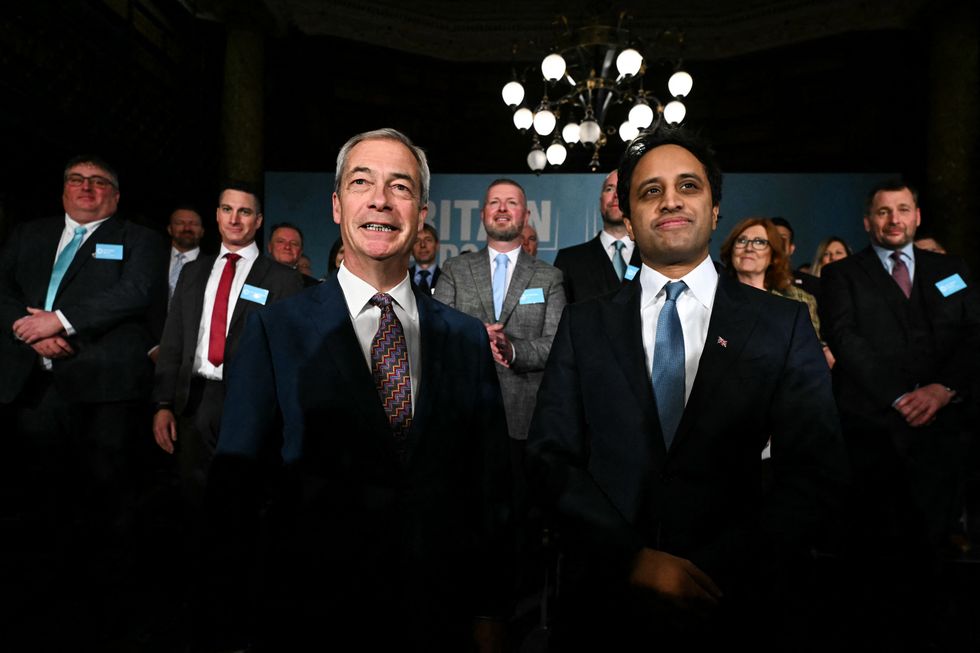 Nigel Farage and Zia Yusuf
Nigel Farage and Zia Yusuf

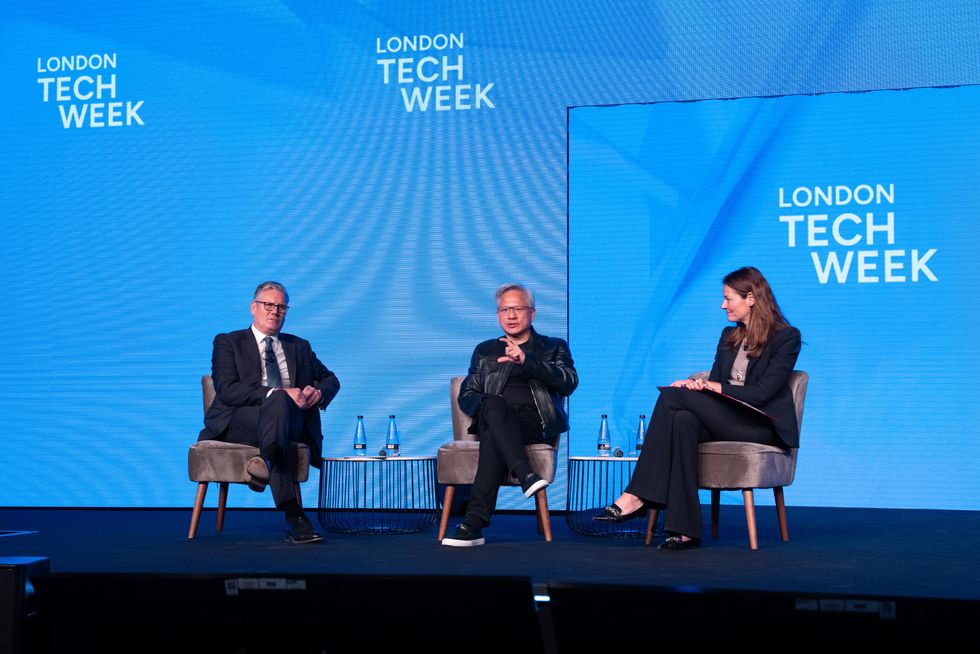 The incident occurred on the same day Labour leader Sir Keir Starmer addressed the audience at London Tech WeekGetty Images
The incident occurred on the same day Labour leader Sir Keir Starmer addressed the audience at London Tech WeekGetty Images